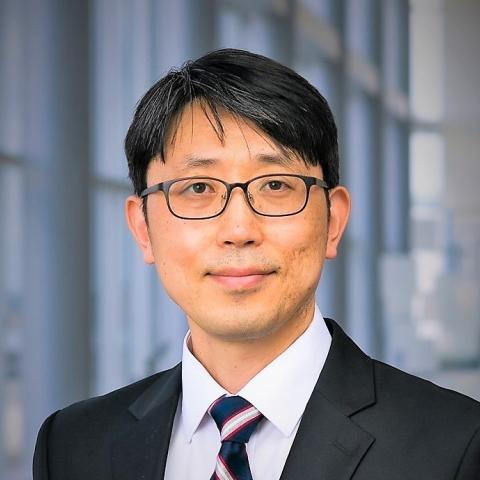
Jeon Lee, PhD (Director)
Since December 2020, Jeon Lee has been appointed as an Assistant Professor in the Lyda Hill Department of Bioinformatics. He received his Ph.D. in Biomedical Engineering from Yonsei University in South Korea (1999–2006), where he trained as a medical device developer and innovator with biomedical signal processing and machine learning (ML) expertise. He did his 1st post-doc training in the Chronic Disease Informatics Program (PI: Joseph Finkelstein, M.D., Ph.D.) at Johns Hopkins School of Medicine (2013-2014). Subsequently, he studied and developed seminal computational algorithms for big data mining while working as a post-doc and later as an Assistant Research Scientist (parallel to Assistant Professor) for the Department of Computer Science and Electrical Engineering (PI: Seung-Jun Kim, Ph.D.) at the University of Maryland, Baltimore County (2014-2015). He joined UT Southwestern Medical Center as a Computational Biologist in 2016 and led the machine learning team at the Bioinformatics Core Facility from 2018 to 2020.
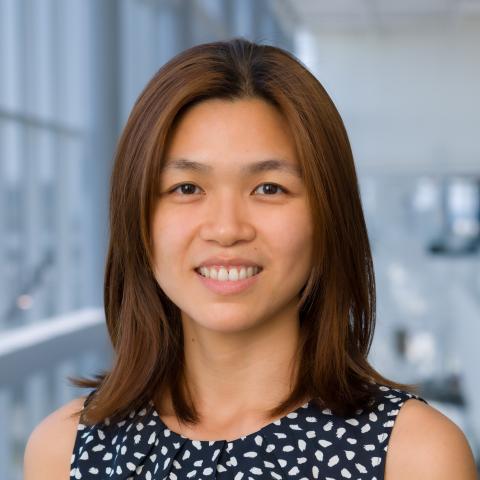
Jui Wan Loh, PhD (Computational Biologist II)
Jui Wan received her B.S. (in Biotechnology) and Ph.D. (in Microbiology and Molecular Genetics) degrees from Rutgers University in 2015 and 2021 respectively. After her Ph.D. graduation, she worked as a Research Fellow in Singapore for 3 years (at National Cancer Centre Singapore and Duke-NUS Medical School). She has experience in high-throughput data sequencing analysis, particularly in genomics and transcriptomics, both at bulk and single-cell level. In her free time, she enjoys swimming and hiking.
Jingxuan Chen, PhD (Computational Biologist II)
Jingxuan received her Ph.D. in Bioinformatics from The University of Georgia (2018-2023), and Bachelor’s degree in Biological Science from Beijing Normal University in China (2014-2018). Jingxuan has 6+ years experience in handling large-scale next- and third-generation sequencing data (WGS, WES, and bulk RNA-seq) and HPC cluster computing. She is also experienced in developing reproducible bioinformatics workflows and evaluation of bioinformatics tools. She is proficient in scripting languages Python, R and Bash, and experienced in using Snakemake for workflow management. She is passionate about analyzing variant omics data and developing novel computational tools to support the cutting-edge cancer research, as part of DSSR.

Ermis-loannis Michail-Delopoulos, MS (Computational Biologist I)
Ermis holds an integrated Bachelor’s and Master’s degree in Biotechnology from the Agricultural University of Athens (2019) and a Master’s degree in Bioinformatics from KU Leuven University in Belgium (2024). Throughout his studies, he focused on NGS analyses (e.g., bulk RNA-seq and scRNA-seq), as well as microbial interactions and microbial association networks, where he developed a Cytoscape plugin to enhance their visualization and exploration. Additionally, as a Computational Biologist at the Lab of Microbial Systems Biology at KU Leuven, he applied machine learning techniques to analyze and predict co-culture abundances in microbial flow cytometry data. His programming skills include Java, Python, R, and Bash. He is passionate about software development and leveraging computational tools in genetic research. In his free time, he enjoys playing video games and basketball.
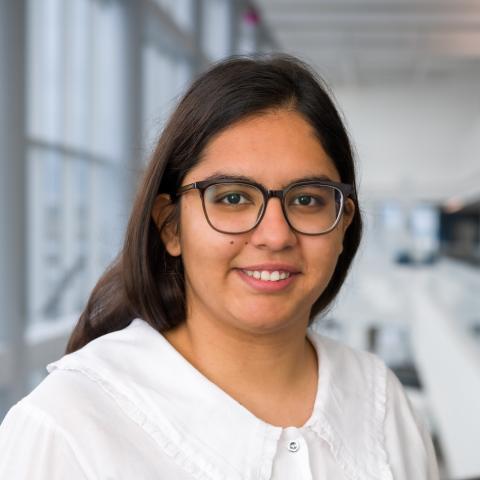
Khushi Ahuja, MS (Computational Biologist I)
Khushi earned her Master of Science in Bioinformatics from Boston University (2022-2023) and Bachelor of Engineering in Biotechnology at the University School of Biotechnology, GGSIPU, Delhi, India (2018-2022). During her undergraduate years, she undertook a multitude of projects encompassing wet lab experiments and in silico analysis in the fields of Bioinformatics and computational biology. Khushi has expertise in handling Next Generation sequencing data types, including Sc-RNA seq, bulk RNA seq, Chip seq, CUT&RUN seq, and Hi-C seq. She has also demonstrated her proficiency in constructing biological databases and creating user-friendly R shiny applications for data representation and visualization. Her technical skills encompass Python, R, and shell scripting, making her a versatile computational biologist. Her true passion lies in utilizing these tools to address complex challenges in cancer genomics and drug discovery. Outside of her professional endeavors, Khushi has a penchant for exploration, with a genuine love for discovering new places.
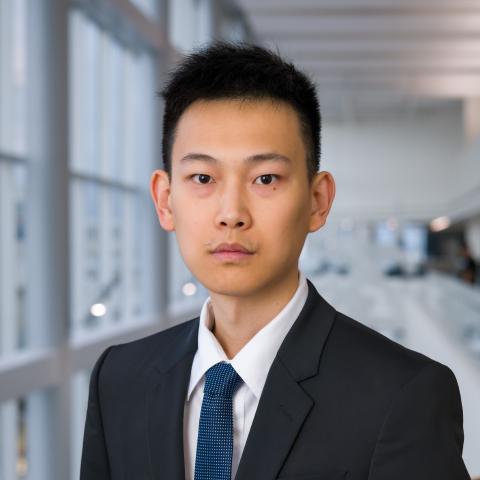
Hankyu (Chris) Lee, MS (Computational Biologist I)
Chris earned his Bachelor's in biomedical engineering from the Engineering Science program at the University of Toronto. He also received a Master's of Applied Science degree from the University of Toronto, following his research into the computational design of de novo protein structures. As a student researcher during his undergraduate years, he contributed to a diverse range of research topics, including computational linguistics, neuro-rehabilitation research, and protein design. His primary programming languages are Python and Bash. He is excited to be part of the DSSR team to support cancer research via computational tools, and has a strong interest in the field of genomics. In his off-time, he likes to listen to music or watch movies and read books to relax.
DSSR Fellows
Second Cycle [September 2024 - June 2025]

Shao-Po (Shawn) Huang
Shao-Po (Shawn) Huang is a Perot Family Scholars MD/PhD student in Dr. Isaac Chan’s lab and a Data Science Shared Resource (DSSR) Fellow. He earned his B.S. with honors in Biomedical Engineering at the University of Texas at Austin in 2020. After graduating, he worked for two years as a scientist in biotechnology discovery research at Eli Lilly and Co., where he contributed to projects relating to diabetes and immunology. Shawn’s current research involves investigating intratumoral heterogeneity and the mechanisms by which it influences immune response and surrounding healthy tissue homeostasis in metastatic breast cancer. He will build upon the lab’s prior bioinformatics work, which established the largest reference single-cell RNA-seq atlas of primary breast tumor and demonstrated that intratumoral heterogeneity, represented as 10 gene elements (GEs), can be used to predict patient response to anti-PD1 immunotherapy (Xu, Saunders, and Huang et al., Cell Reports Medicine, 2024). As a DSSR Fellow, Shawn aims to develop an advanced spatial transcriptomics analytical pipeline that integrates Xenium and Visium data in order to interrogate differences in GE composition and its impact on the role of NK cells in the breast tumor primary site versus metastatic sites in the liver.
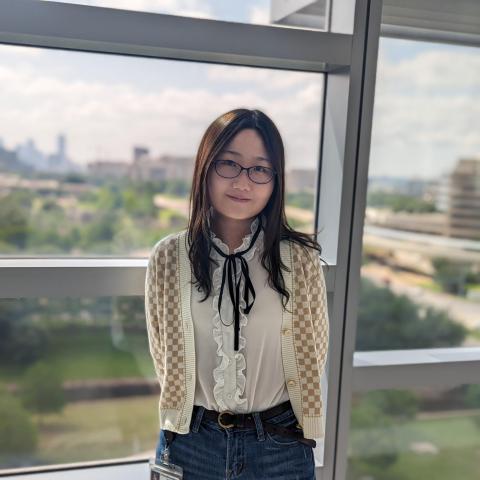
Qiuyun Pan
Qiuyun is a PhD student in the Zhong Lab and a DSSR fellow. She completed her B.S. in Biology at Indiana University in Bloomington and her M.S. in Biomedical Engineering at Washington University in St. Louis. During her DSSR fellowship, Qiuyun is delving into the mechanisms by which obesity leads to chronic liver inflammation and hepatocellular carcinoma, specifically focusing on the hypernutrition-induced dysregulation of liver macrophages. Furthermore, she is investigating how obesity causes enduring epigenetic changes in hematopoietic stem and progenitor cells, influencing gene expression in mature myeloid cells. These changes persist even after weight loss and may increase susceptibility to liver tumorigenesis upon returning to normal weight.
First Cycle [January 2024 - June 2024]
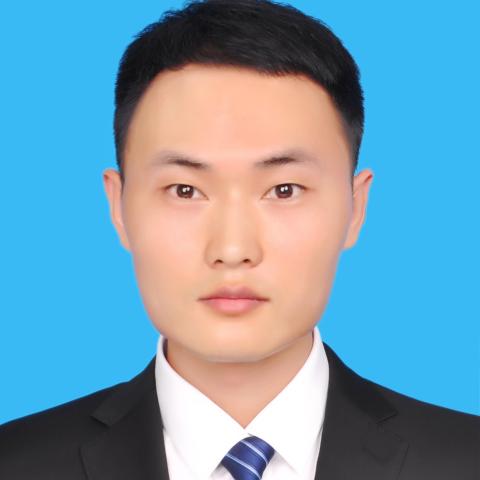
Boyuan Li, PhD
Boyuan Li earned his PhD from Peking University. His dissertation focused on 3D genome structure, epigenomics, and transcription regulation. With his current DSSR Fellowship, he plans to perform and analyze cell-free DNA sequencing to detect somatic mutations in patients with liver cirrhosis but not cancer. After completion of his Fellowship, he would like to expand his research to identify somatic mutations in liver disease and to develop an algorithm for detecting low-frequency mutations within barcode sequences of duplex molecules. Outside of his research and work, he enjoys swimming, traveling, reading, running, and playing chess.
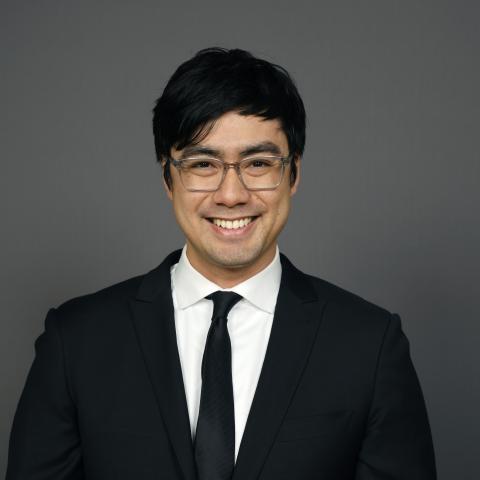
Peter Leung (Fellowship extended to Dec 2024)
Peter is currently an MD/PhD student in the Aguilera Lab and a Data Science Shared Resource (DSSR) Fellow. Peter received his B.A. in biological sciences from the University of Chicago in 2018. After a year at the Navy Medical Research Center, Peter started medical school at UTSW in 2019 and joined Dr. Aguilera's Lab. After a dedicated research year in the lab as a UTSW Dean's Research Scholar, he then joined the Perot Family Scholars Medical Scientist MD/PhD Training Program in July of 2022. His current work as a PhD student and interests in computational analysis has led him to seek additional training as a DSSR Fellow. Peter’s current project in the DSSR fellowship involves analyzing nanobody (variable domain of camelid antibody) sequences that differentially bind to certain cell types, and identifying specific nanobodies that can functionally alter tumor-infiltrating immune cells to have more anti-cancer phenotypes. Additionally, Peter is working on a project to identify differences in RNA sequencing data and clinical outcomes from UTSW pancreatic cancer patients treated with different pre-surgical therapies. For these projects, Peter aims to enhance the INSPIRE-seq pipeline that his lab has developed (Sekar & Elchonaimy 2023 Nat Commun) to analyze these nanobody sequences, adding an additional capability of this pipeline to identify functionally active nanobodies. For his pancreatic cancer project, Peter will explore effects of different treatment modalities on RNA sequencing patterns in the tumor microenvironment and correlate those findings with clinical outcomes of these UTSW patients.